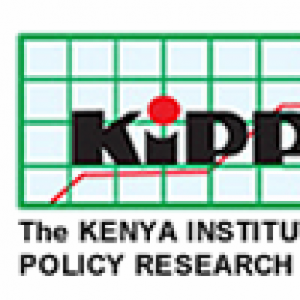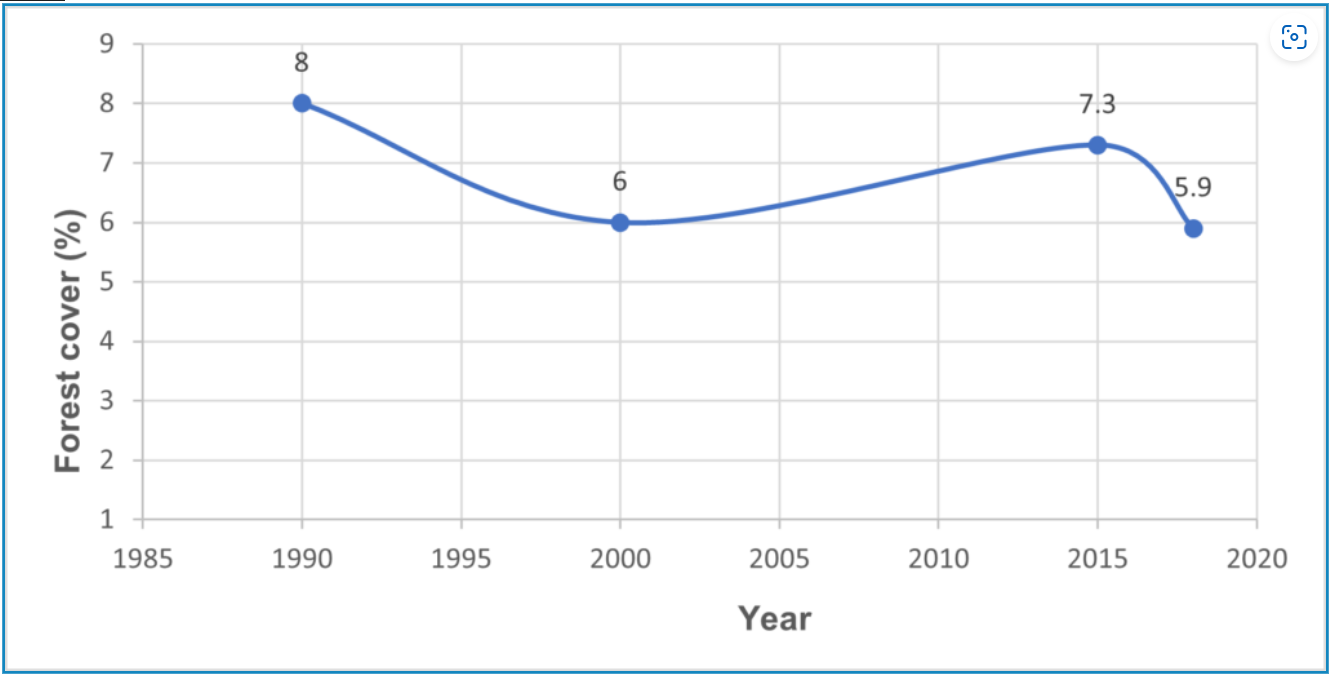On 13th March 2020, Kenya confirmed her first case of coronavirus after which several measures were imposed to control the spread of the disease in a bid to contain its effects. Since the first reported case, operations in almost every sphere of life have been affected; the manufacturing industry included.
Despite near unprecedented disruption to livelihoods initially accustomed to by most, the pandemic has nevertheless tagged with opportunities, some of which manufacturing firms have embraced, including exploiting available capabilities in expanding their operations. This means that the manufacturing sector will play a key role in the post-pandemic recovery process especially in creating employment opportunities given its significant backward and forward linkages.
Over the years, manufacturing enterprises have focused on accessing new markets, profit maximization often comprising about 48 working hours weekly. As a result of strict COVID-19 measures put in place, the sector experienced significant disruptions, including repurposing their production lines, others reducing their manufacturing activities while some industries closed. For the sectors that struggled to stay or remain in the business, redundancies spiraled, working from home and salary reductions were also adopted by some enterprises in an effort to sustain businesses while operating in adherence to the Government directives within which epoch, nearly 12 working hours per week were lost. The beer manufacturing industry was among the worst hit as bars were closed for almost six months. Most jobs were also lost in the process.
The foregoing notwithstanding, business opportunities have since emerged due to demand for products necessary for the mitigation and prevention of the virus. For instance, there is increasing production of locally made face masks, alcohol hand sanitizers and hospital beds which the sector had not given much focus prior to the pandemic. Thus, if effectively leveraged, the country’s balance of payment can be reduced by increasing local manufacturing of products rather than relying on imported goods.
The emerging innovations in pharmaceutical consumable products to curb the menace also open an opportunity for the country to engage in production of pharmaceuticals for the regional market. The manufacturing of local ventilators expands the industry portfolio by providing solutions not only for the country but also for the African continent. Moreover, Kenya is likely to benefit from the innovations in this sector by addressing the current demand of products which are not readily available in other countries within the region; country has a more progressive health system in East and Central Africa and is a preferred medical destination in the region.
Available data by the Kenya Association of Manufacturers for the year 2020 reveals that 80 per cent of enterprises in the manufacturing sector are micro and small enterprises, and 37 per cent of these firms have been severely affected by the pandemic. To cushion the sector from the effects of coronavirus, the Government provided Ksh 5 billion stimulus package especially for small business, with those manufacturing protective personal equipment being prioritized. Cushioning Small and Medium Enterprises (SMEs) from the COVID-19 shocks will enhance their resilience and hasten the country’s economic recovery. In addition, the Government through the Finance Act 2020 has reduced the SMEs turnover tax from 3 per cent to 1 per cent and corporate tax from 30 per cent to 25 per cent with effect from 1st April 2020 to 1st January 2021 to cushion the firms from COVID-19 and reduce the tax liability for SMEs in the sector.
Following reduced positivity rates, containment measures have progressively been eased and this has enabled gradual resumption to normalcy post-pandemic. The gradual opening of alcoholic beverage joints and bars, which were closed for a period of six months, is a step in the right direction in efforts to revive the economy by restoring jobs and generating revenue. The Kenya Economic Survey of 2020 indicates that excise revenue from alcoholic beverage industries grew by 42 per cent in 2019 from 25 per cent in 2015.
The disruption of the global supply chain has also brought the need for the country to start producing capital goods instead of predominantly relying on imports. The importation of capital goods in the country has been on the rise every year, and the Economic Survey of 2020 indicates that the value of imports increased to Ksh 1,806.3 billion in 2019 from Ksh 1,581.3 billion in 2015. Some of the basic capital goods imported include industrial machineries and transport vessels. Fully exploiting the Numerical Machine Complex will allow the country to graduate to capital goods production.
The Government has supported this sector by directing all ministries and departments to spend at least 40 per cent of their procurement budget on goods produced locally. For steady economic recovery in the post-pandemic, policies and strategies need to be developed to enforce and monitor the implementation of this directive by the two levels of Government to help the manufacturing sector remain afloat and grow post covid-19. To protect erosion of the innovations in the sector and especially from the young people who played a big role in the innovations emerging during the pandemic period, their firms’ need to be formalized and registered.
According to statistics by the Kenya Association of Manufacturers in 2020, out of 7.41 million SMEs, only 1.56 million are registered. The formalization and registration of the unregistered firms will open up business opportunities and enhance access to new markets for further innovation and improved value chains and potentially attract foreign investors post-pandemic. With investors coming on board, there is likelihood of integrating the use of technology in manufacturing for better product quality and reduced cost of production, leading to sector competitiveness for regional markets.
Additionally, the supply chain shocks by the pandemic have demonstrated that manufacturing industries have capacity to produce quality products. For resilience and adaptability, therefore, manufacturing technologies and processes will be vital in the emerging new normal. The sustainability of innovations is only guaranteed if the sector will maintain the capacity to continue producing quality products with minimal cost of production, and the use of technology will play a critical role.
Sustainability of the sector and innovations will require development of strong linkages between large manufacturing entities and the innovative SMEs. Further, the sector requires to embrace intellectual property rights in order that emergent innovations are protected and utilized viably. To facilitate this, establishment of incubation centres across the counties is vital, where SMEs in the sector can address the issues relating to product innovations and market promotion. In the long run, it will ensure that all the nascent business opportunities brought about by the COVID-19 pandemic grow and remain resilient during the pandemic and beyond. This will lead to increased market access of the innovative products, both at local and international spheres, while reducing heavy reliance on imports.
Further, an enabling legal environment that fosters ease of doing business locally and internationally, a complementary regulatory environment and developing regional value chains will boost investment in the sector especially at county level. Diversification of investment sources and minimization of associated risks will further contribute to manufacturing innovations and sustainability. This will then contribute to attainment of 15 per cent of contribution to Kenya’s GDP by the manufacturing sector as envisaged in the “Big Four” agenda and beyond.
Author: Dr John Karanja, Senior Policy Analyst, Trade and Foreign Policy Department
Photo: A locally-manufactured hospital bed. Courtesy of the Presidential Delivery Unit






